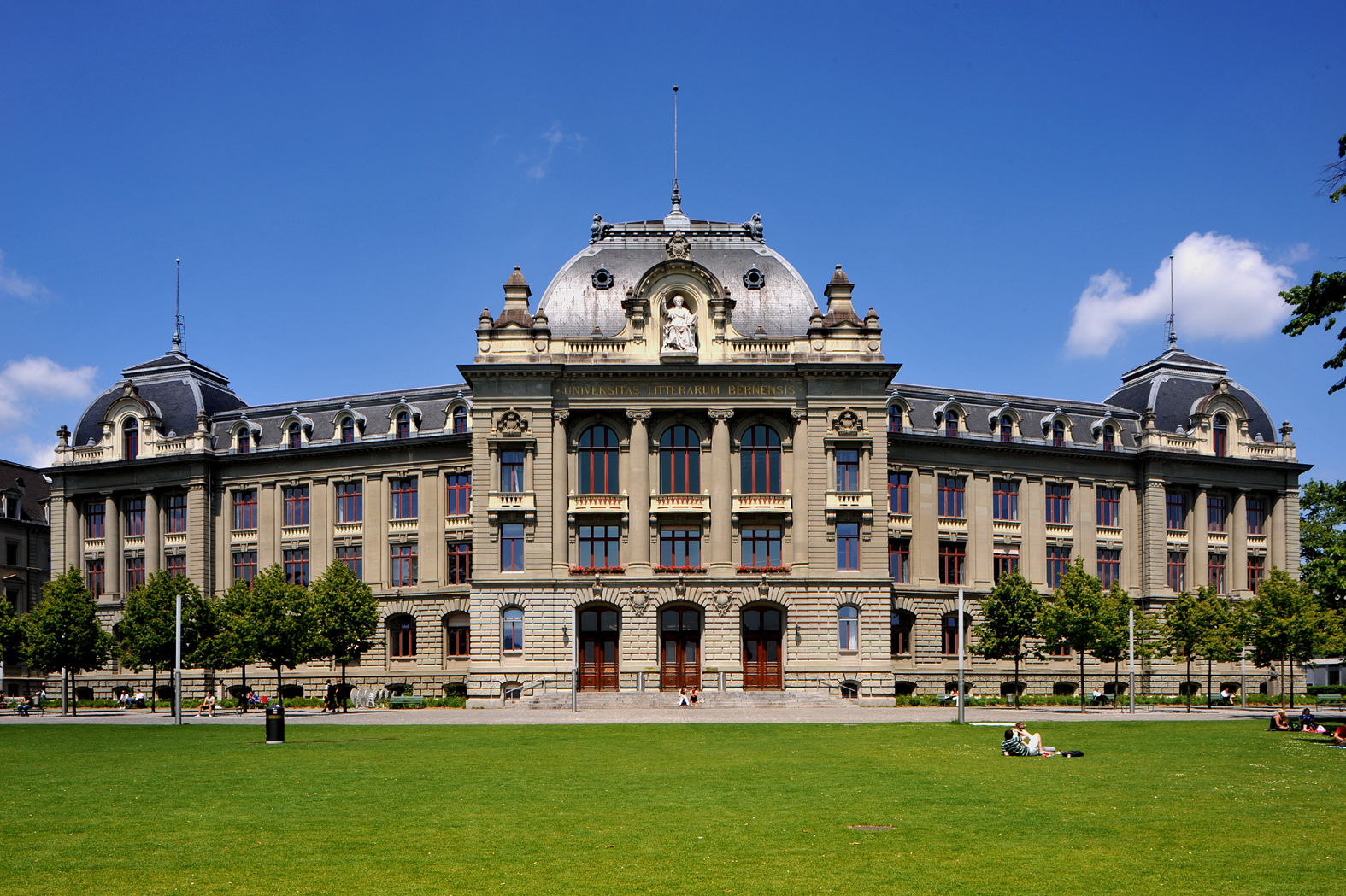
The Idiap Research Institute (www.idiap.ch), a laboratory associated with EPFL (Swiss Federal Institute of Technology, Lausanne,www.epfl.ch) seeks qualified candidates in computer vision and machine learning for multi-modal interaction modeling.
Context:The research will be conducted in the context of MuMMER (MultiModal Mall Entertainment Robot), a 4-year EU Horizon 2020 funded project involving several leading European institutions in the field. The project will develop a humanoid robot (based on Aldebaran's Pepper platform) able to engage and interact autonomously and naturally with individuals or groups or people. To support this behaviour, the project consortium will develop and integrate new methods from audiovisual scene processing, social-signal processing, high-level action selection, and human-aware robot navigation. See
http://www.mummer-project.eu/
PhD position and requirements:The research conducted at Idiap will focus on the sensing part, but with an HRI flavor, like better accounting for robot gestures, active sensing to reduce perception uncertainties or exploiting soft priors coming from communication and dialog models, etc. Within a team of two to three PhD students/postdocs, the PhD student is expected to advance the state-of-the-art in this field. The work will be oriented towards vision/depth processing, and the modeling of upper-body and face representation for the design of head detectors/trackers, landmark or eye alignements, or non-verbal behavior extraction methods appropriate at different depth ranges like for gaze (see for instance prior work inhttp://www.idiap.ch/project/g3
These work will rely on previous experience ans software developed in the context of previous projects.
The ideal Ph.D student should have a master in computer science, engineering, or applied mathematics. S/he should have a good background in mathematics, statistics, and programming (C/C++, Python). Prior experience or background in statistical learning theory, computer vision or robotics will be a plus.
The successful PhD candidate will become a doctoral student at EPFL (http://www.epfl.ch) provided that s/he is accepted by the Doctoral School at EPFL (http://phd.epfl.ch/applicants
Application:For more information, please contact Dr Jean-Marc Odobez (odobez@idiap.ch, www.idiap.ch/~odobez). Interested candidates should submit a cover letter, a detailed CV, and the names of three references (or recommendation letters).
About IDIAP:Idiap is an independent, non-profit research institute recognized and supported by the Swiss Government, and affiliated with the Ecole Polytechnique Fédérale de Lausanne (EPFL). It is located in the town of Martigny in Valais, a scenic region in the south of Switzerland, surrounded by the highest mountains of Europe, and offering exciting recreational activities, including hiking, climbing and skiing, as well as varied cultural activities. It is within close proximity to Geneva and Lausanne. Although Idiap is located in the French part of Switzerland, English is the working language. Free French lessons are provided.
Idiap offers competitive salaries and conditions at all levels in a young, dynamic, and multicultural environment. Idiap is an equal opportunity employer and is actively involved in the "Advancement of Women in Science" European initiative.
